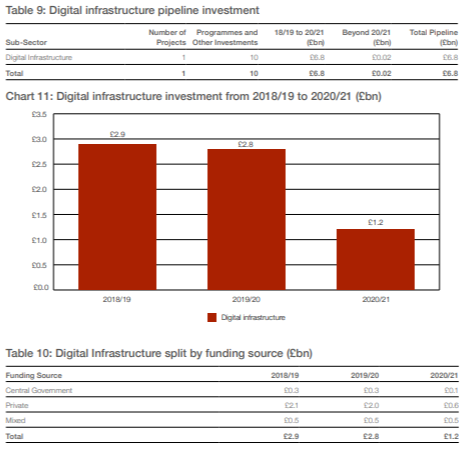Mobile planning reforms and changes to Permitted Development Rights
In August last year DCMS and MHCLG launched a consultation proposing reforms to permitted development rights to support the deployment of 5G and extend mobile coverage. BSG responded in favour of the proposals.
Government has determined that there is sufficient evidence to demonstrate that the proposed reforms would have a positive impact on the government’s ambitions for the deployment of 5G and extending mobile coverage. (more…)














